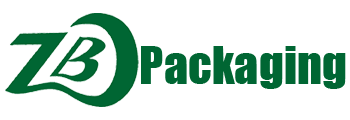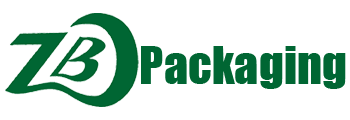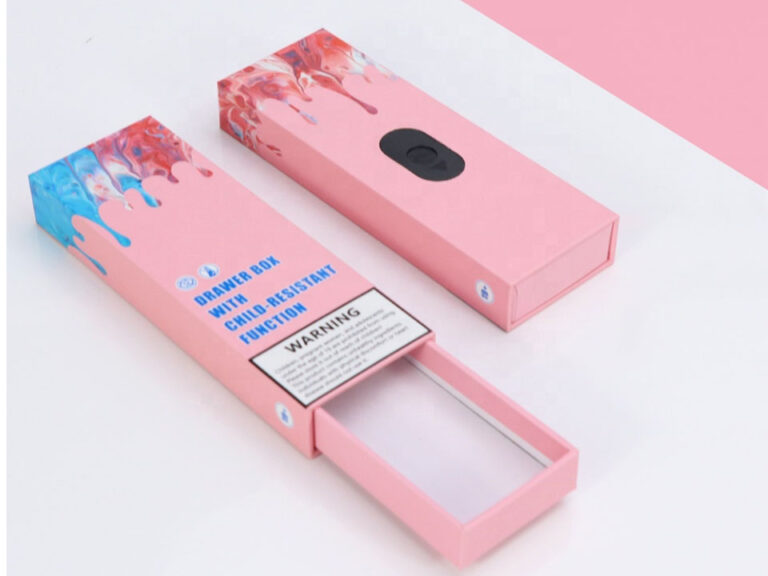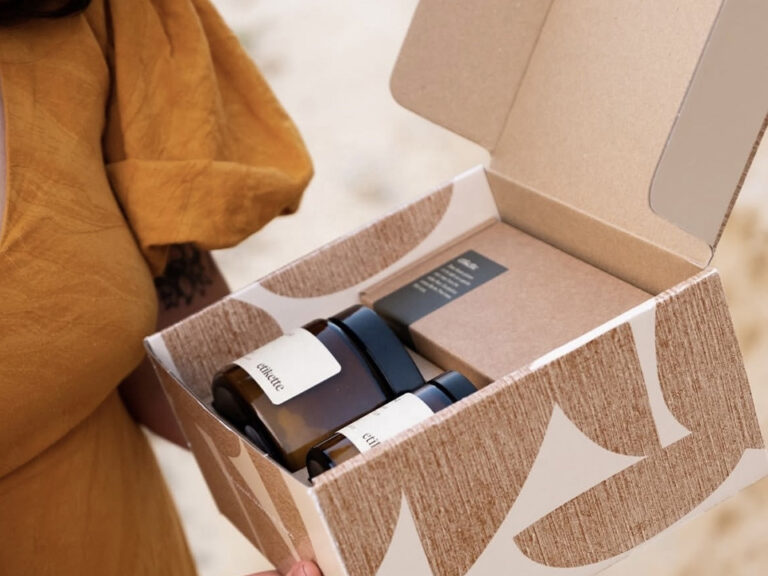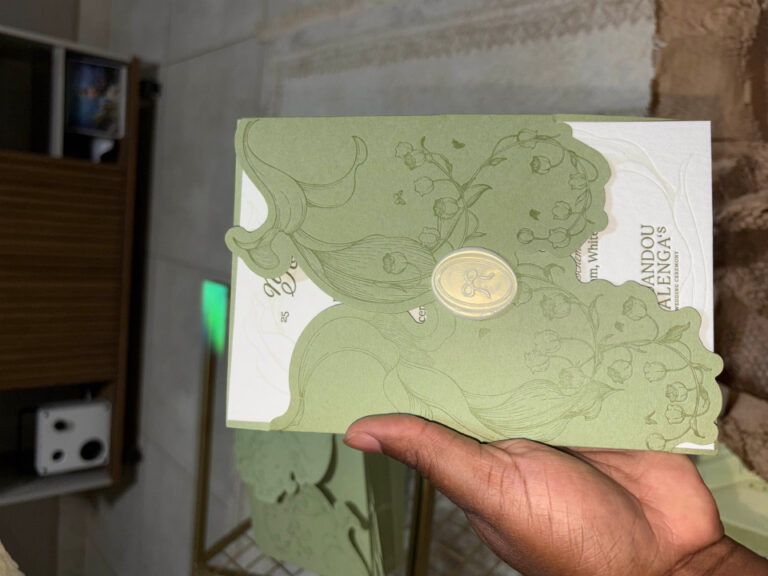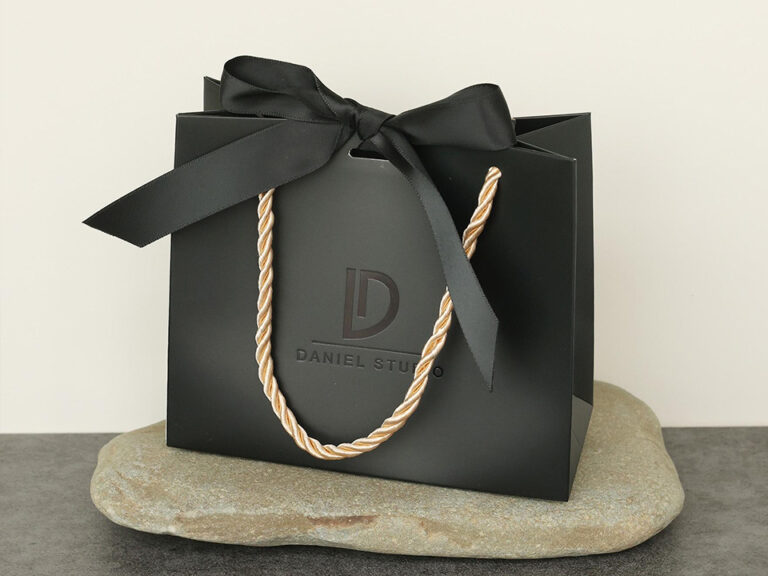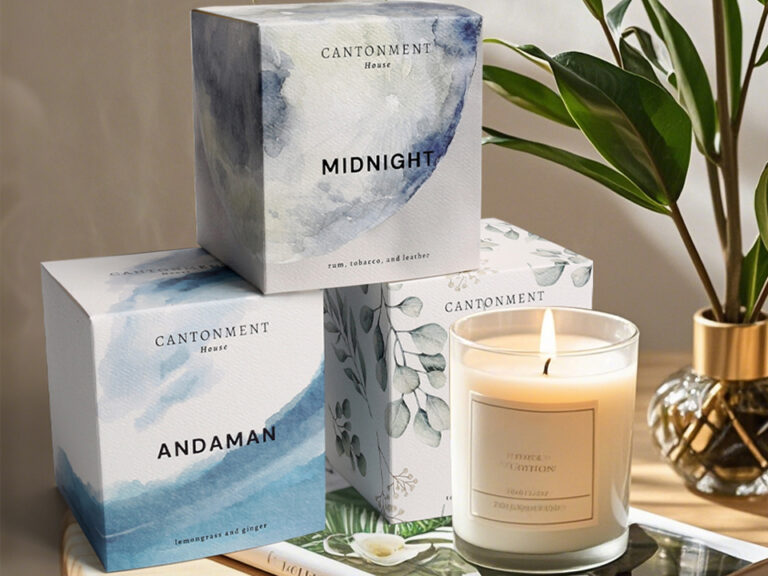持続可能な包装革新の道:世界の包装廃棄物のジレンマを解決する8つのコア戦略
要旨
Packaging has been a tireless courier for commerce, but it’s also a major driver of global waste. Today, brands, converters, and policymakers are rewriting the playbook—from materials and structure to policy and consumer habits—to cut waste at the root while protecting margins and brand equity. This roadmap distills eight core strategies you can deploy now, each backed by practical design moves, scalable infrastructure ideas, and program metrics you can track as you go. Along the way, we’ll point to proven formats—like 折り畳みカートン, プリント段ボール箱, そして 紙管包装—that already fit circular systems, plus retail enablers such as 厚紙ディスプレイ and recyclable 紙袋. If you’re mapping a portfolio transition, begin with an audit of your current SKUs and keep a tight link to manufacturing partners and reliable sourcing on your 製品 pipeline.
目次
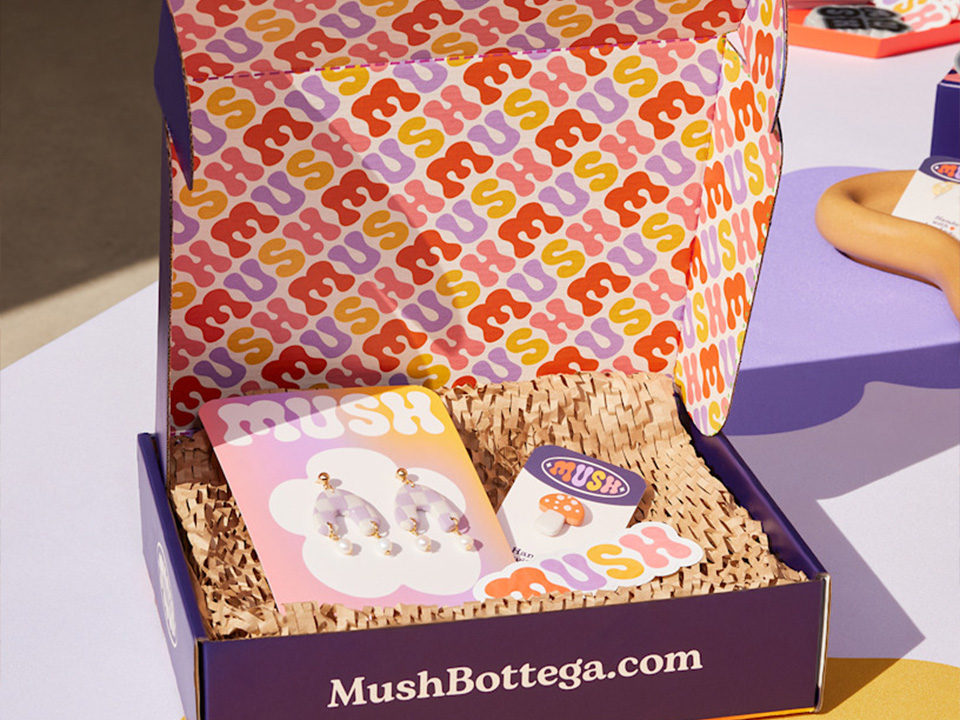
Bio-based material substitution: a revolution from petroleum-based to natural circulation
Design direction: match performance, then switch feedstock
Start with applications where bio-based polymers or fiber systems already meet barrier, strength, and converting requirements. PLA, PHA, and bio-PE continue to scale, while premium paperboards with coatings or liners can replace many single-use plastics in secondary and gift packaging. Use LCA screens to select candidates, then pilot at limited volumes.
Manufacturing notes: scale with existing lines
Favor substrates that run on current gluing, die-cutting, and print assets to avoid retooling. For rigid sets and presentation formats, explore high-rigidity boards and molded paper pulp before moving to less mature materials.
What to measure
Material switch rate per SKU family, percent bio-based content, drop-in runnability, and post-use recovery compatibility. Pair material shifts with recyclable forms like ペーパーギフトボックス to keep end-of-life pathways clear.
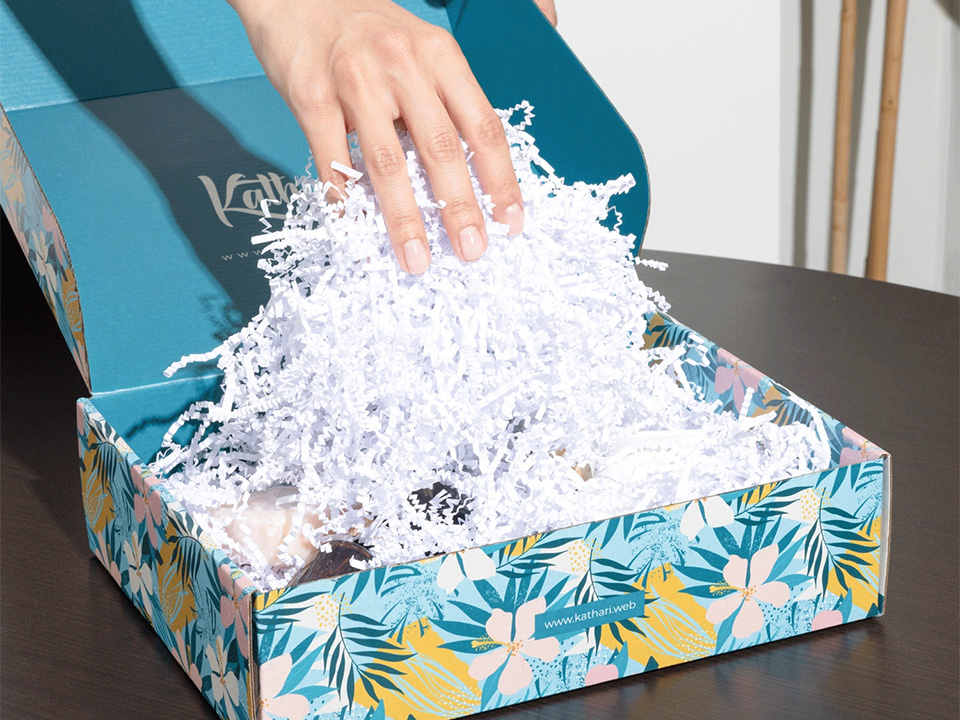
Lightweight engineering: efficiency leap brought by structural optimization
Design direction: take grams out without losing experience
Lightweighting does not mean flimsy. Use FEA-informed structure, flute right-sizing, board grade swaps, and insert consolidation. Convert rigid lids to engineered 折り畳みカートン where appropriate, and redesign voids to fit.
Manufacturing notes: print smarter, cut components
Move to high-precision die-lines, nest parts to reduce offcuts, and consider multipurpose trays. For shipping, adopt right-size mailers from your プリント段ボール family.
What to measure
Packaging-to-product ratio, transport cube efficiency, and damage rate. Lightweighting should never increase returns or breakage.

Closed-loop recycling network: building infrastructure for packaging rebirth
System direction: design for sortability first
Recyclability is only real when packs are sortable at scale. Use mono-material choices, high-contrast markings, and scannable IDs. Consider digital watermarks to enable high-purity streams. For paper, standardize coatings and adhesives that pass mill screens.
Operations notes: partner with MRFs and converters
Run trials with local sorters, capture bale quality data, and align with mills that can take your grades consistently. In-store takeback or distribution-center consolidation can boost recovery for premium formats.
What to measure
Sortation detection rate, bale purity, yield to recycled commodity, and percent of PCR re-incorporated back into new packaging lines like gift sets and 折りたたみ式ボックス.

Smart packaging system: full-process monitoring enabled by the Internet of Things
Design direction: digitize the pack to reduce waste
Add unique identifiers (QR/GS1 Digital Link), batch metadata, and variable printing to improve recall accuracy, expiration management, and reverse logistics. For high-value launches or seasonal gift programs, serialized packs enable targeted recovery and reuse loops.
Operations notes: close the data loop
Connect scan data to returns, refurbishment, and recycling partners. Use dashboards to spot failure modes—damaged-in-transit hotspots, over-packaging, or slow-moving SKUs—and correct upstream.
What to measure
Scan-through rates, recall precision, reverse-logistics cycle time, and the percentage of packs successfully captured for second life.

Policy combination: legislation drives industrial innovation
Strategy direction: build to future rules, not yesterday’s compliance
Regulation is converging on recyclability-by-design, reuse targets, and reduced over-packaging. Bake these requirements into new briefs now to avoid redesign churn later. Align your bill of materials and labeling with emerging rules so every launch is “future-proof.”
Operations notes: internal playbooks win
Create a packaging policy playbook that engineers, buyers, and brand teams can execute together: approved substrates, inks, adhesives, on-pack claims, and evidence files.
What to measure
Percent SKUs compliant with 2030-style recyclability, reduction in unnecessary components, and audit-ready documentation per launch.
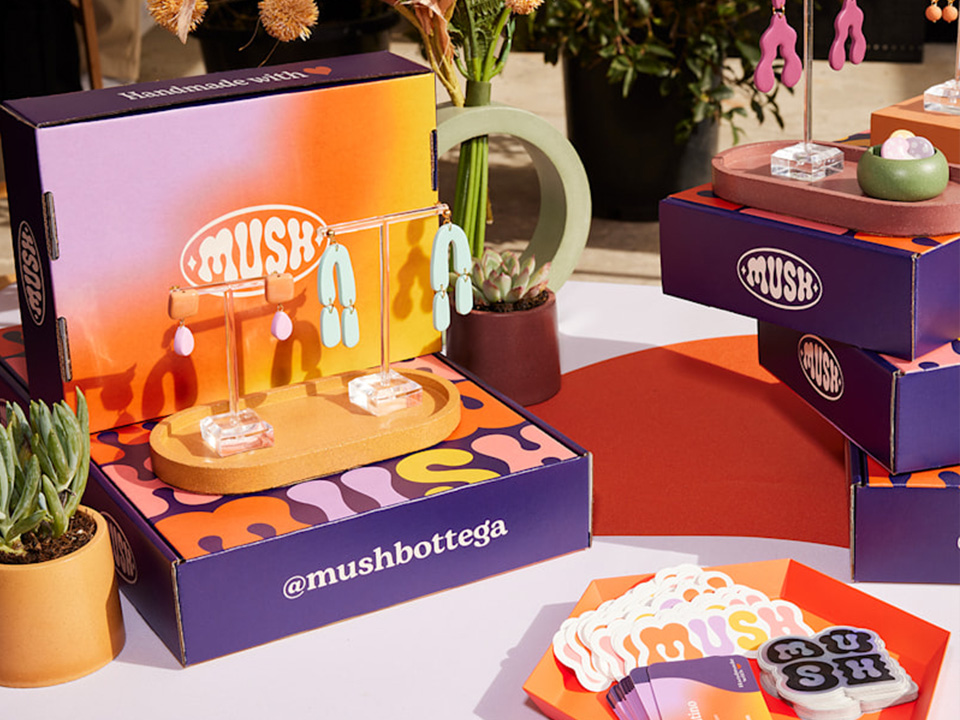
Circular economy model: redefining the value of packaging
Business direction: move from single use to multi-life assets
Shift selected lines from disposable to durable, refillable, or modular. Reusable carriers, refill pouches into rigid anchors, or gift tins that become storage all stretch value. For e-commerce, trial returnable shippers in closed networks.
Portfolio notes: mix formats for real-world flows
Use recyclable fibers for mass volume and durable items for loyalty programs and VIP kits. High-impact pieces such as perfume or jewelry sets can leverage premium, recyclable rigid forms from your 製品 catalog paired with refill systems.
What to measure
Reuse rotations achieved, return rates, cost per rotation, and customer NPS for the experience.
Reshaping consumer behavior: from passive acceptance to active participation
Experience direction: make the “right” action the easiest action
Clarity beats aspiration. Clear “how to recycle” panels, scannable disposal guides, and visible take-back drop points drive action. Reward loops—discounts, loyalty points, or exclusive early access—lift return rates.
Merchandising notes: bring circularity to the shelf
Use educational 厚紙ディスプレイ with step-by-step recovery cues and QR journeys. For gifting seasons, pair items with recyclable wraps like 紙袋.
What to measure
Consumer understanding scores, participation rates, contamination reductions, and uplift in repeat purchase tied to circular offers.
Distributed manufacturing: Reconstructing the packaging supply network
Network direction: produce closer to demand
Shorten supply paths to cut transport emissions, lead times, and over-stock scrap. Regionalize converting for printed corrugate, paper tubes, and cartons using standardized die-lines and color profiles.
Operations notes: digital workflows reduce waste
Adopt digital proofing and short-run print for pilots and seasonal drops. Keep a qualified roster of regional suppliers and build in redundancy for peak seasons.
What to measure
Lead-time compression, moq flexibility, obsolescence write-offs, and percent of volume produced within target radius of the delivery market.
概要
Solving packaging waste is not a single bet—it’s an orchestra. Start with quick wins like lightweighting and mono-material design, then layer in closed-loop partnerships, digital IDs, and policy-ready specs. Expand into bio-based where performance matches need, pilot reuse where logistics make sense, and bring consumers along with clear cues and rewards. If you need format choices that already align with circular flows, explore 折り畳みカートン, プリント段ボール, 紙管包装, リサイクル可能 ペーパーギフトボックス from our ホームページ. For briefs, printing specs, and rapid prototyping support, see our 印刷サービス または お問い合わせ.




